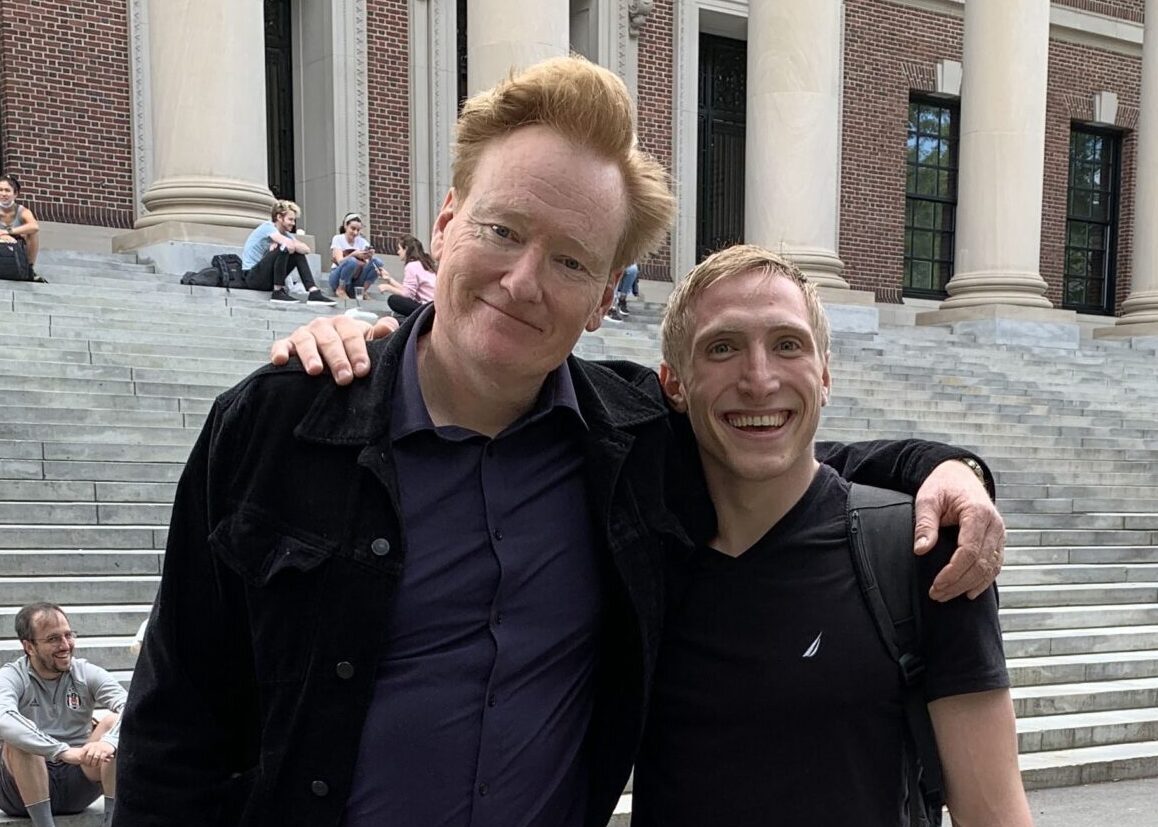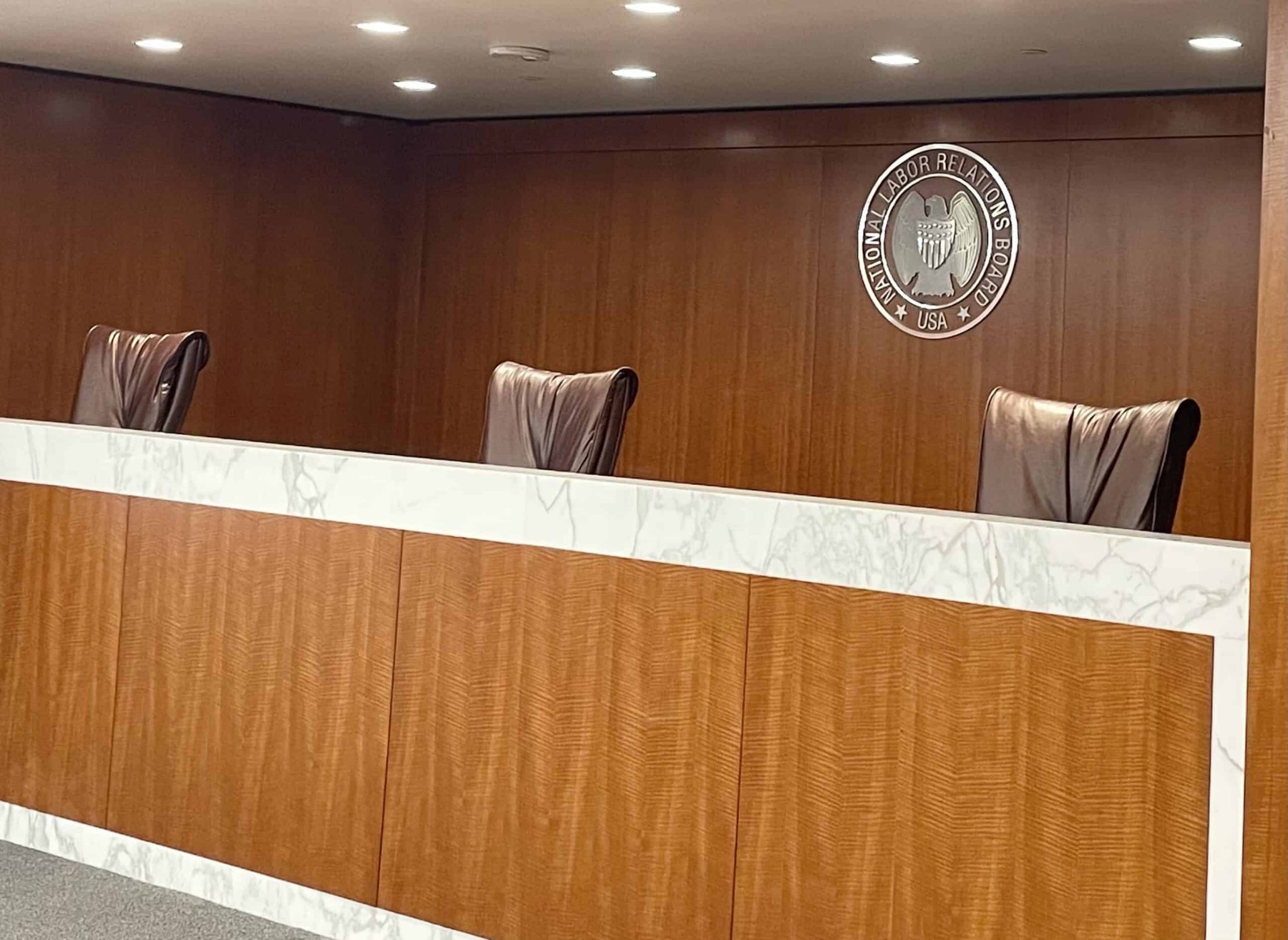
Greg Volynsky is a student at Harvard Law School.
In Today’s News & Commentary, SpaceX files a lawsuit contending the NLRB violates the Constitution.
On Wednesday, a regional director of the NLRB issued a complaint against SpaceX, alleging that the company illegally retaliated against workers engaged in concerted activities for mutual aid and protection, in violation of Section 8(a)(1) of the NLRA. The company terminated workers who authored an open letter criticizing Elon Musk.
SpaceX responded on Thursday by suing the NLRB, alleging that the NLRB’s structure is unconstitutional. The lawsuit relies on Jarkesy v. SEC, a case currently pending before the Supreme Court. That case involves several critical administrative law questions, two of which I explain below. In short, Jarkesy—and now the SpaceX lawsuit—argue that agencies cannot impose civil penalties without a jury trial in a wide range of cases, and that Administrative Law Judges (ALJs) are unconstitutionally shielded from presidential removal.
First, Jarkesy raises whether the Seventh Amendment proscribes Congress from authorizing administrative proceedings that impose civil penalties in certain cases. The Seventh Amendment protects the right of Americans to a jury trial in common law suits. In 1977, in Atlas Roofing Co. v. Occupational Safety Com’n, the Supreme Court held that the Seventh Amendment does not prevent the government from bringing enforcement actions, in administrative forums, against companies that are alleged to violate “public rights”, or rights created by statute. The Fifth Circuit in Jarkesy held that the SEC could not prosecute fraud without offering the right to a jury trial, distinguishing from Atlas Roofing because fraud historically constituted a common law cause of action, while the enforcement action in Atlas Roofing were “new and somewhat unusual” and “could not have been brought in legal actions before that point.” The Supreme Court appears divided on this question.
Second, Jarkesy raises whether SEC ALJs are unconstitutionally shielded from presidential removal. In U.S. v. Perkins (1886), the Supreme court held that Congress can protect inferior officers from at-will removal. In Humphrey’s Executor v. U.S. (1935), the Supreme Court held that Congress can establish limits on the president’s removal power over some executive officials. More recently, however, the Supreme Court has significantly cabined Humphrey’s Executor. In Free Enterprise Fund v. PCAOB (2010), the Court held that “double insulation”—two layers of for-cause protection—violates the Constitution. Justice Thomas and Justice Gorsuch have advocated for overturning Humphrey’s Executor altogether.
In Jarkesy, the Fifth Circuit held that ALJs suffer the same constitutional infirmity as the Oversight Board in Free Enterprise Fund. The ALJs can only be removed by SEC Commissioners for good cause, and the Commissioners can only be removed by the President under limited circumstances, thus creating double insulation. The SEC argues that “Free Enterprise Fund does not establish any such absolute rule”, and points out that the Free Enterprise Court expressly declined to extend its ruling to ALJs, distinguishing between “policymakers” and “adjudicators”.
Musk’s lawsuit makes very clear: the resolution of both questions will be critical to the future of the NLRB.






Daily News & Commentary
Start your day with our roundup of the latest labor developments. See all
July 3
California compromises with unions on housing; 11th Circuit rules against transgender teacher; Harvard removes hundreds from grad student union.
July 2
Block, Nanda, and Nayak argue that the NLRA is under attack, harming democracy; the EEOC files a motion to dismiss a lawsuit brought by former EEOC Commissioner Jocelyn Samuels; and SEIU Local 1000 strikes an agreement with the State of California to delay the state's return-to-office executive order for state workers.
July 1
In today’s news and commentary, the Department of Labor proposes to roll back minimum wage and overtime protections for home care workers, a federal judge dismissed a lawsuit by public defenders over a union’s Gaza statements, and Philadelphia’s largest municipal union is on strike for first time in nearly 40 years. On Monday, the U.S. […]
June 30
Antidiscrimination scholars question McDonnell Douglas, George Washington University Hospital bargained in bad faith, and NY regulators defend LPA dispensary law.
June 29
In today’s news and commentary, Trump v. CASA restricts nationwide injunctions, a preliminary injunction continues to stop DOL from shutting down Job Corps, and the minimum wage is set to rise in multiple cities and states. On Friday, the Supreme Court held in Trump v. CASA that universal injunctions “likely exceed the equitable authority that […]
June 27
Labor's role in Zohran Mamdani's victory; DHS funding amendment aims to expand guest worker programs; COSELL submission deadline rapidly approaching